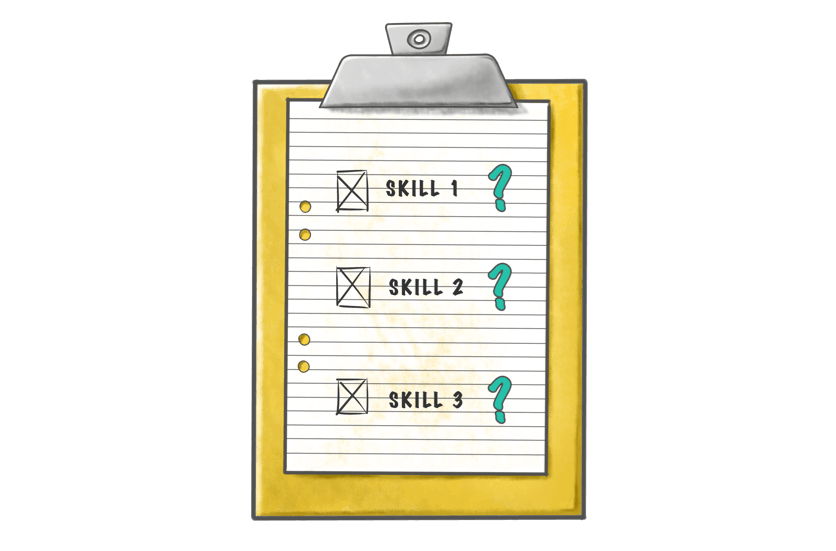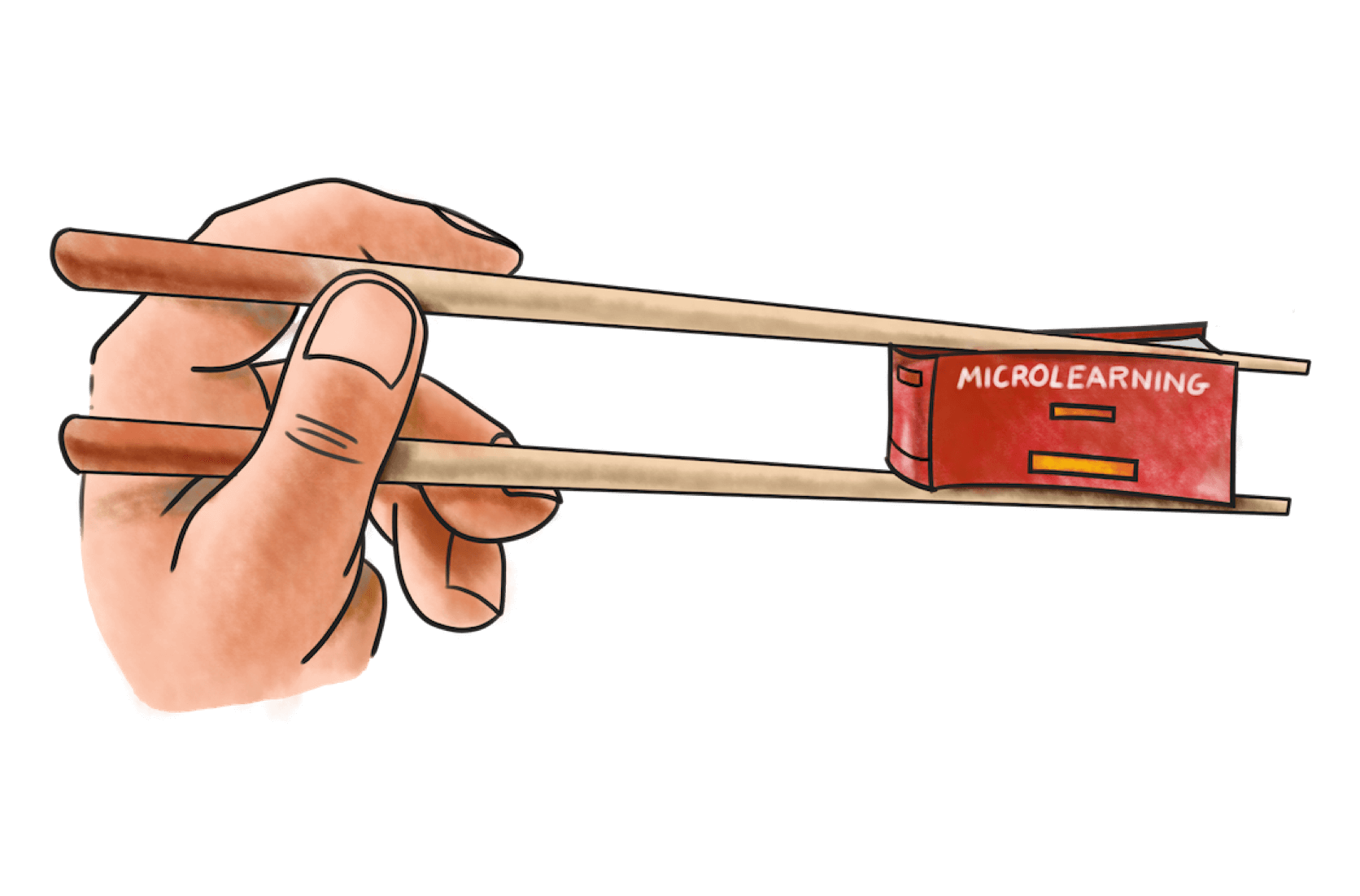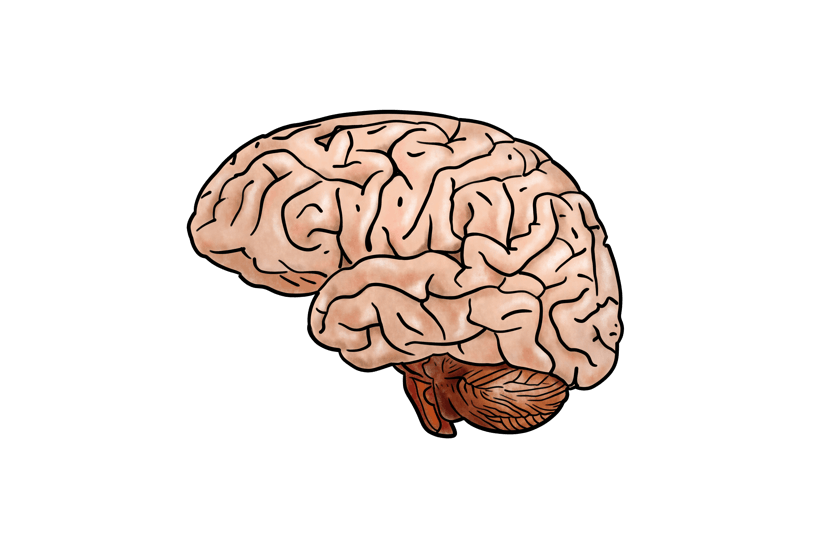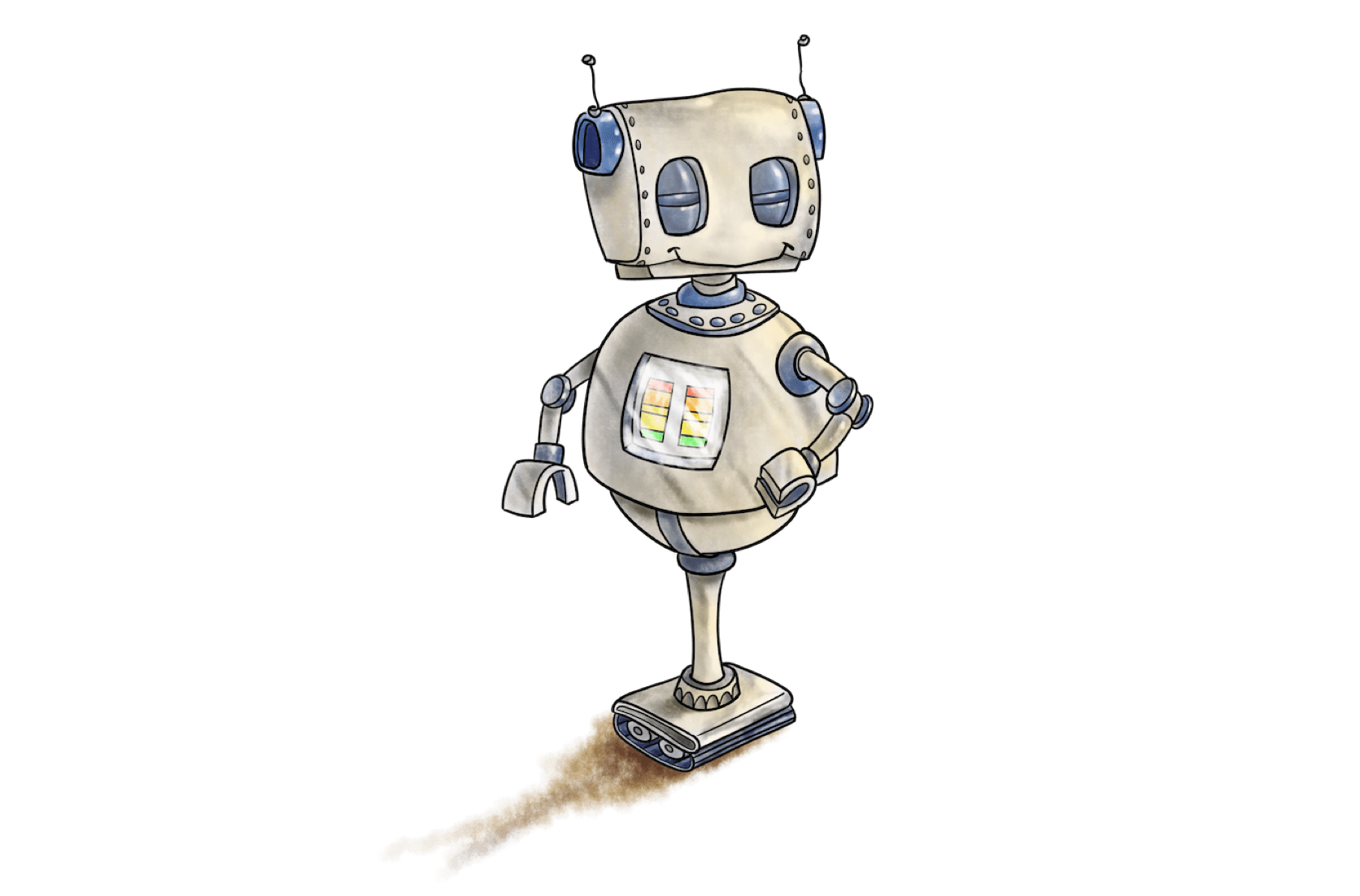
First things first, what is "Adaptive Learning"?
Did you watch that Black Mirror movie "Bandersnatch"? Me neither. But I heard that it was a choose-your-own-adventure movie and we all read plenty of those between the ages of 10 to 14, so we get the idea. Adaptive Learning is to learning what Bandersnatch is to movies: it changes (or adapts) depending on what the person inputs. If you're using adaptive learning technology and answer a question incorrectly, it's going to keep throwing questions like that at you until you demonstrate mastery of that concept. If you're watching Bandersnatch you can choose from a selection of options which will end with the main character (Stefan...?) living happily ever after, or you can make bad choices and have him thrown in jail or something equally unpleasant.
The link between the two is first, that the technology adapts depending on your choices and second, that it's adaptation to those choices is logical. Instead of testing you and then moving on to the next topic regardless of whether you scored 100% or 30% in that topic, adaptive learning re-teaches and re-tests the learner until they demonstrate mastery.
The Benefits
The main benefit of adaptive learning is covered in its definition: it adapts to the needs of the individual learner. It's the opposite of standardised education. Rather than everyone being asked the same questions at the same exact time, questions are given according to when the program determines they should be given for that particular learner. As I mentioned before, if the program determines that you're struggling with a certain concept, it's going to keep presenting you with questions and content which deal with that concept, until you master it.
This also works in reverse: if you're answering all the questions correctly in a certain area, it will spend less time there. This is why many report that adaptive learning is often quicker than traditional learning practices: it allows gifted students to skip ahead and not be stalled by those proceeding at a slower pace. This also means that adaptive learning tends to be more engaging, because you're not stuck learning stuff you already know. If you're consistently answering correctly, the little robot who's taken up residence in your computer moves you forward. He doesn't waste your brain power on stuff you already know.
The Stats
But how and in what ways do these perceived benefits translate into quantitative improvements? It's hard to say that adaptive learning is conclusively better than traditional methods. However, there are a few facts and figures that suggest, if not explicitly show, that conclusion:
- From 2015 to 2016, a study was conducted in India where a test group of students were taught using adaptive technology, and a control group were taught via traditional means. The test group scored on average 0.23 standard deviations higher in math than the control group. This may not seem like much, but it in fact meant that the test scores of those who used the adaptive technology improved twice as much as those who were taught without the technology.
- When an American school introduced adaptive learning, their rate of suspensions fell from 50 to 0 in the first year the technology was rolled out.
- When Harvard X tested their own version of adaptive learning, the results suggested that the implementation of adaptive learning meant that learners got through courses more efficiently and attempted less questions overall. Spending less time completing the same course appeared to have no negative impact on scores, and in fact, HarvardX expressed that there was a "tentative improvement" in average test scores.
Overall, it appears that the perceived benefits of adaptive learning do translate into improved outcomes. While I'm still hesitant to name adaptive learning the educative Holy Grail, it's also important to note that the technology is still in its infancy. Its current functionality is,for the most part, limited to changing the sequence in which problems are presented to the learner. So if we're already seeing benefits at this very early stage, logic tells us that those benefits will become greater once the technology evolves further.
The future
So where will the technology go? As it currently stands, adaptive learning is largely limited to changing the sequence in which content and/or problems are presented to the learner. That is, it presents topics at different times, depending on the performance of the learner. It does this according to data: if the data says Tim only answered 5/10 correctly on his fractions, the technology will represent him with content and problems that deal with fractions, then it'll move on to equations. The evolution of adaptive technology is therefore dependent on how much data can tell us (and machines) about how people learn.
As such, in order to develop the technology, we need to figure out what data to capture, and what solutions can be offered based off that data. Can we capture data that tells us not just what topics a learner needs to spend more time on, but from what mode of learning they learn best? Is there a correlation between Tim being taught through video, and him performing better? Or conversely that performance drops when taught aurally? If adaptive learning is to advance past simply changing the sequence of learning, it will therefore require experimentation: presenting learners with different modes of learning, recording that data, and adapting both the mode and sequence according to the results. In other words, the future of adaptive learning is rested on just how effectively we can train a machine to learn how we learn best. It's completely circular - first you learn how humans learn, so that you can teach a machine how we learn, so that it can teach us how to learn, so that we can keep teaching it how to teach us to learn...are you still with me?
Despite how confusing this may seem, many, many scientists have dedicated their lives to advancing this process. Those scientists specialise in the field of machine learning, and their research and advances don't just affect adaptive learning: they've brought us everything from Siri to Amazon's "Customers who bought this item also bought" feature. Let's just hope they don't start putting product recommendations in between maths problems.













































































































